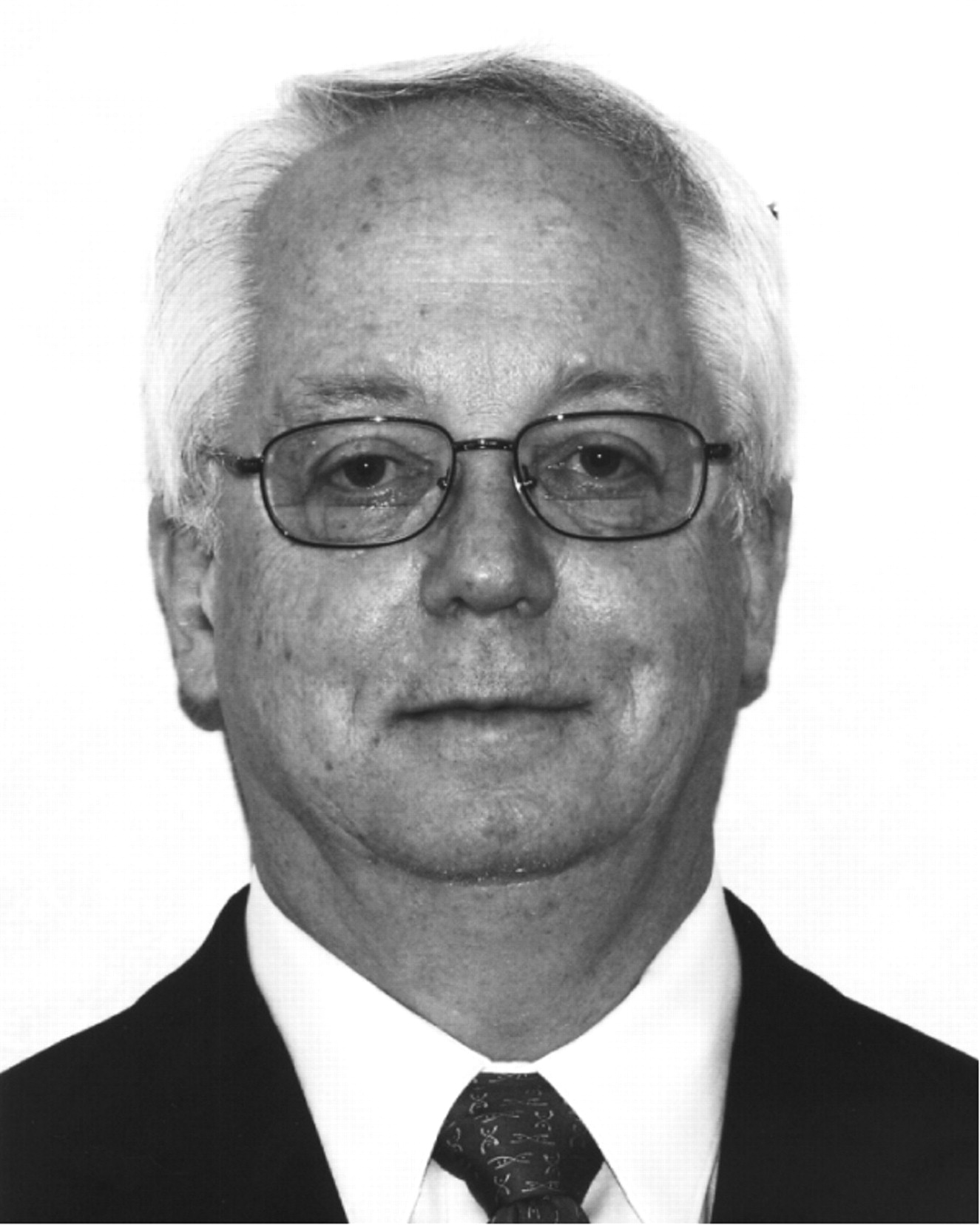CANDIDATE FOR AREA 4 TRUSTEE
Distinguished Fellow

Psychiatrist, Ohio Department of Mental Health, 2000- ♦ Clinical Assistant Professor, Psychiatry, Ohio State University, 1995- ♦ Ohio APA Assembly Representative, 2003- ♦ APA Council on Healthcare Systems and Financing, 2006- ♦ Chair, Ohio Government Relations, 2000-07 ♦ President, Mental Health Association Franklin County ♦ American Hospital Governing Council Psychiatry ♦ National Alliance on Mental Illness Exemplary Psychiatrist, 2008
Psychiatry and its patients are affected by every current economic, medical, and political stressor active today. Most data indicate that psychiatric patients and care systems are affected to a greater extent than any other field of medicine. Active leadership and advocacy have never been more imperative. We must be team players as well as team leaders in order to promote universal access to current standards of care. I am very ready to represent Area 4 on our APA Board of Trustees to assure focus on urging our country forward in embracing and supporting resources for the best clinical knowledge and care for all our patients.
Our members have the knowledge, experience, ideas, creativity, and dedication to deliver the best psychiatric care in the world. As your representative, I will strive to gather all the ideas I can from you and take those ideas to the Board. Our organization should be driven from our membership up. Our Assembly, elected officers, and representatives should be active in taking the members' ideas and priorities forward. This is my primary goal—to be your active representative and advocate on the Board.
Experience:
Medical school at San Antonio, my home town. Rotating Internship in Seattle—Providence Hospital. Residency in Chicago—Northwestern University. ABPN certified in general psychiatry in 1980. | |||||
30 years of clinical experience in private outpatient practice, as well as in private hospitals, community hospitals, state hospitals, university hospitals across the states of Texas, Illinois, Washington, and Ohio. | |||||
Teaching—College students, paramedic students, police officers, medical students, and psychiatry residents. Advocacy and lay education—High school students, church groups, Rotary, NAMI, MHA, radio talk shows, TV and newspaper interviews. | |||||
Administration—CEO Harding Hospital 1994–1996. Administrative Director OSU Harding Hospital 1996-2000. Board of Trustees OSU Harding Hospital 2000-2008. | |||||
APA governance—Numerous officer positions and committee chairmanships at the local chapter, district branch, and national APA levels. | |||||
Goals:
Advocate for standards of clinical practice which promote universal access at full parity to the most effective clinical interventions for all DSM disorders. | |||||
Advocate for medical education that gives every medical student an understanding of psychiatric illness, diagnosis, and treatment. Medical education must recruit bright and talented residents who will be fully trained in broad-based clinical practice that spans dynamics, psychology, social situations, as well as biology. | |||||
Advocate for full support and adequate resources for original, objective science and research. | |||||
Reduce stigma by promoting education and providing information with every community partner and in every venue possible. | |||||
Promote professionalism by standing for ethics that make it clear improper commercial influence and conflict are not acceptable. Misuse of clinical skills for coercive and brutal interrogation is not acceptable. Creeping scope of practice encroachments which empower inadequately trained clinicians are not acceptable. | |||||
Stand for financial responsibility by budgeting that makes the most of every membership dues dollar. Outside revenues must pass the test of no improper commercial influence which degrades professional integrity. Eliminate activities which are not essential for our professional organizational growth. | |||||
Primary Professional Activities and Sources of Income
Professional Activities
70%—Inpatient psychiatry, Ohio Department Mental Health
15%—Outpatient private practice
15%—Teaching
Income
85%—Ohio Department Mental Health
10%—Outpatient private practice
5%—Teaching (Columbus State Community College)



